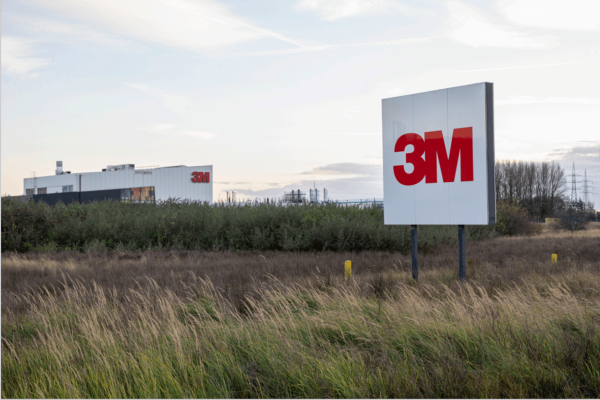The team of journalists had a thorough look at the emissions of the (petro)chemical industries in the ports of Rotterdam and Antwerp and confirmed the presence of ultra-short PFAS in wastewater. These revelations, published in a number of articles, between June 2023 and January 2024, exposing alarming concentrations of these hazardous substances, not only triggered immediate actions but also cast a shadow over other companies in Antwerp's harbor, notably waste processor Indaver.
Following this, the American chemical company 3M announced it would “accelerate the closure” of the PFAS-related production processes at the Zwijndrecht site. The news came via a letter received by Zuhal Demir, the Belgian Minister of the Environment.
In a parallel narrative, Chemours in Dordrecht found itself entangled in a web of illegal ultra-short PFAS discharges. The Dutch government, in stark contrast to Flanders, took decisive action, imposing hefty fines on Chemours. The fallout was swift—Chemours faced a temporary closure, with uncertainties surrounding its future due to the formidable challenge of filtering ultra-short PFAS from discharge water using existing technologies.
These examples serve as a compelling story of government intervention, prompted only when the mounting pressure from successive investigations became irresistible.
Photo credit: Simon Clément (Apache)
